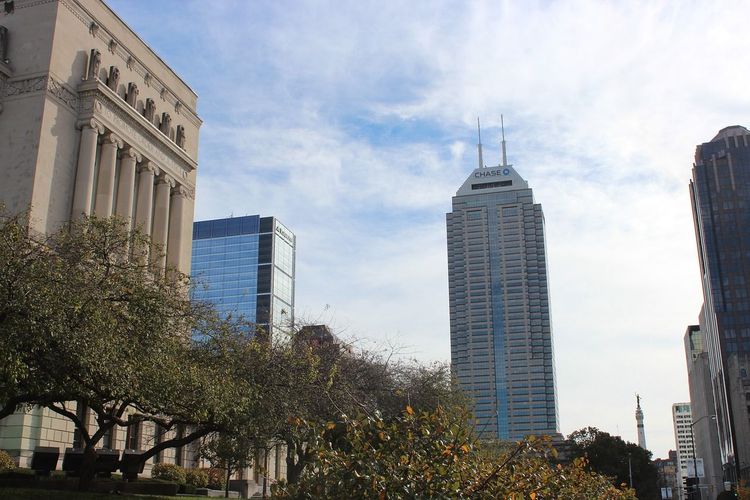Three Scientists Awarded 2024 Nobel Prize in Chemistry for Decoding Protein Structures
On October 9, the Royal Swedish Academy of Sciences announced the recipients of the 2024 Nobel Prize in Chemistry. David Baker, a professor at the University of Washington in Seattle, along with Demis Hassabis and John Jumper from Google DeepMind, received this prestigious award for their groundbreaking work in deciphering the complex structures of proteins. Academy Secretary Hans Ellegren unveiled the winners and their major achievements during a press conference.
Half of the prize was awarded to Baker for his significant contributions to computational protein design, while the other half recognized Hassabis and Jumper for their pioneering work in protein structure prediction. This achievement highlights the revolutionary potential of artificial intelligence (AI) in biotechnology.
Proteins are essential building blocks of life, composed of 20 different amino acids. The chair of the Nobel Chemistry Committee, Hainer Link, noted that the two breakthroughs honored this year open limitless possibilities in biochemistry. Baker successfully created entirely new types of proteins, while Hassabis and Jumper achieved a 50-year-long aspiration of accurately predicting the intricate structures of proteins using AI.
Baker, born in Seattle in 1962 and having earned his Ph.D. from UC Berkeley in 1989, expressed his gratitude in a phone interview, stating that he stands on the shoulders of giants. He emphasized that the power of AI in protein structure prediction enables an unprecedented level of design accuracy and capabilities.
This year saw two out of the three Nobel science awards relating to AI, showcasing its emerging influence across disciplines. The Nobel Physics Prize previously honored scientists for foundational discoveries in machine learning using artificial neural networks. Zhou Xiaodong, a member of the Nobel Chemistry Committee, explained that the award particularly acknowledges “discoveries” and “revolutionary advances” in chemistry, and this year’s results allow for AI-assisted protein design and accurate three-dimensional structure predictions.
Decades ago, the idea of predicting protein structures and designing new proteins seemed unattainable. In the 1990s, this endeavor was regarded as incredibly challenging. However, significant advancements were made with the introduction of techniques to determine protein structures. By the 1970s, it became evident that the information dictating protein folding was contained within the amino acid sequences.
A breakthrough occurred just four years ago when Hassabis and Jumper developed the AI model known as AlphaFold2. Hassabis, a British neuroscientist and entrepreneur, co-founded DeepMind and is recognized for creating the AlphaGo program that famously defeated world champion Go player Lee Sedol. Jumper, a senior research scientist at DeepMind, specializes in using machine learning to simulate protein folding.
AlphaFold2 won the prestigious Critical Assessment of Protein Structure Prediction (CASP) competition and became the first machine learning model to predict protein structures with remarkable accuracy. It can forecast almost all of the known 200 million protein structures, offering vast applications in science, including tackling antibiotic resistance and discovering new treatments for diseases.
Baker’s contributions extend to designing entirely new proteins, aiming to create proteins capable of performing functions like breaking down harmful substances or serving as tools in chemical manufacturing. His work with the Rosetta software has led to the successful construction of novel proteins not found in nature. Baker’s team proposed structures and determined which amino acid sequences could produce these desired proteins, achieving confirmation through X-ray crystallography.
In a recent interview, Baker reiterated the importance of collaboration and acknowledged the collective efforts leading to his recognition. He underscored that protein structure prediction, empowered by AI, marks a significant leap forward in the field, greatly enhancing design precision and capabilities. This year's Nobel Prize in Chemistry reflects the extraordinary strides made in understanding and manipulating the language of life through AI.
With these advancements, researchers are exploring new protein types, potentially creating solutions for environmental challenges and improving human health. The future of biotechnology is bright, fueled by the intersections of artificial intelligence and chemistry.







